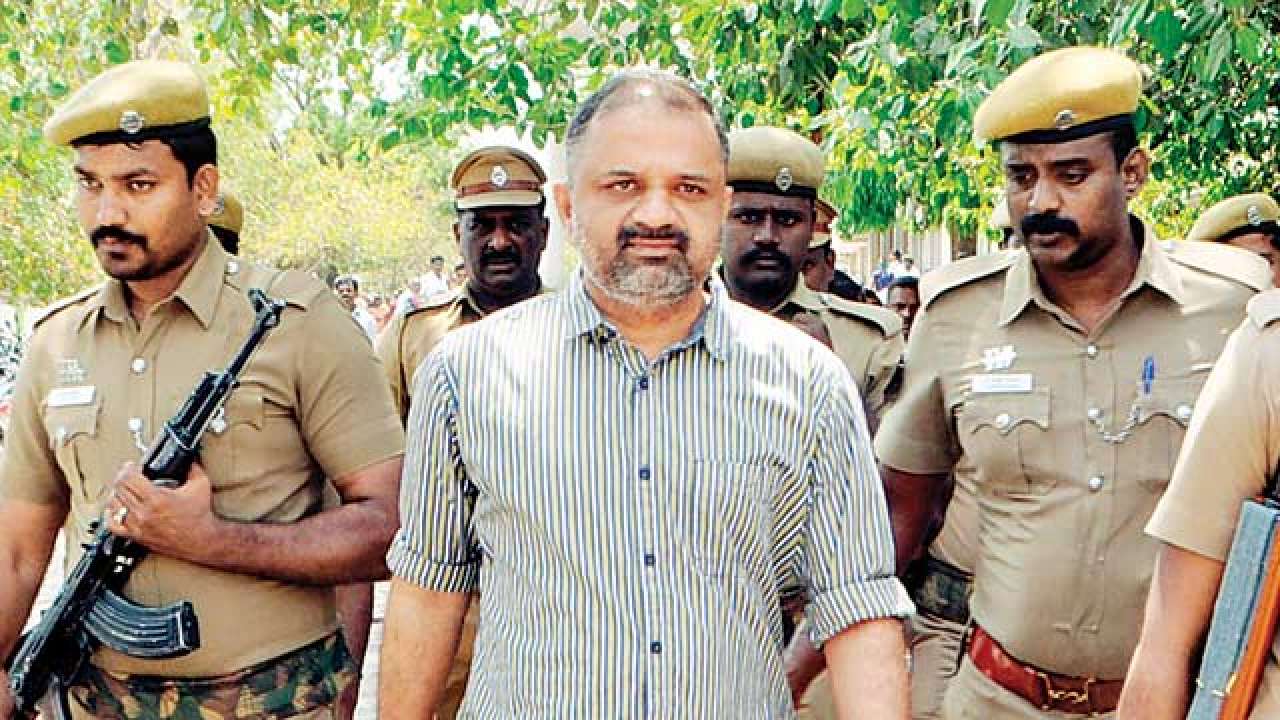
SC answers several questions with historic Perarivalan verdict

The Supreme Court’s “unique” judgment on Wednesday (May 18) to release life convict A G Perarivalan in the Rajiv Gandhi assassination case has opened the door for other convicts in the case to seek remission of the remaining part of their sentence, Perarivalan’s advocate Prabhu said.
On the basis of this judgment, the Tamil Nadu government is also planning to provide similar relief to others convicted in the case and they can also approach the apex court citing the historic Perarivalan verdict delivered by a bench headed by Justice L Nageswara Rao.
Also read: Released by SC, Rajiv murder convict says ‘there is no need for capital punishment’
Perarivalan is not a convict anymore, Prabhu told The Federal on the Supreme Court premises soon after the judgment. The top court has freed him using the powers provided under Article 142, releasing him forthwith, he added. Perarivalan, who has spent more than 30 years in prison, got bail from the SC in March.
The apex court has now drawn a clear line between the powers of state governments and the Centre, as well as the powers of the Governors and the President of India. The role of the Governor has also been clearly defined by the court, Prabhu stressed. The judgment implies that the Governor can be the administrative head of a state, but he cannot take discretionary decisions independent of the state government, Prabhu explained.
Also read: Perarivalan case: Why SC verdict gives Stalin an edge in face-off with Guv
The counsel for the Tamil Nadu government stressed during arguments that state Governor R N Ravi was not empowered to refer the Perarivalan case to the President. The Tamil Nadu Governor should approve the state government’s decision to free Perarivalan, and it was repeatedly emphasised when the Supreme Court was hearing final arguments in the case.
Similarly, the Central government’s claim that it is the competent authority to provide remissions for those convicted under Section 302 of IPC has been found invalid by the top court. The state governments have the powers to do so is the implication, Prabhu said. The claim of the Centre to Section 302 case remissions has been rejected, he added.
Also read: REPLUG: All about Article 142, which allowed SC to release Perarivalan
All the others convicted in the Rajiv Gandhi assassination case can also seek relief on the basis of the Perarivalan judgment, Prabhu opined. All others will benefit from this, he stressed. The options before them are to seek remission from the Tamil Nadu government or pray for Supreme Court orders to release them. Even in other similar cases too, the Perarivalan judgment sets a new precedent since the Supreme Court has ordered his release rather than directing the Governor or the President to decide.
Watch: Arputhammal – Three decades of fight for her son’s freedom
In 2014, the Supreme Court commuted the death sentence of the Rajiv Gandhi assassination case convicts to life sentence. Back then, while providing relief, the SC had cited inordinate delay in deciding on the mercy petitions filed by the convicts.
The apex court has also taken note of the (Tamil Nadu) Governor’s action of transferring the mercy petition files to the President, Prabhu said. During the hearings in the Supreme Court, judges repeatedly questioned the confusion over the powers of the Governor to take a decision. The inordinate delay in taking a decision was pointed out by Perarivalan’s advocates as well as the Tamil Nadu government.

